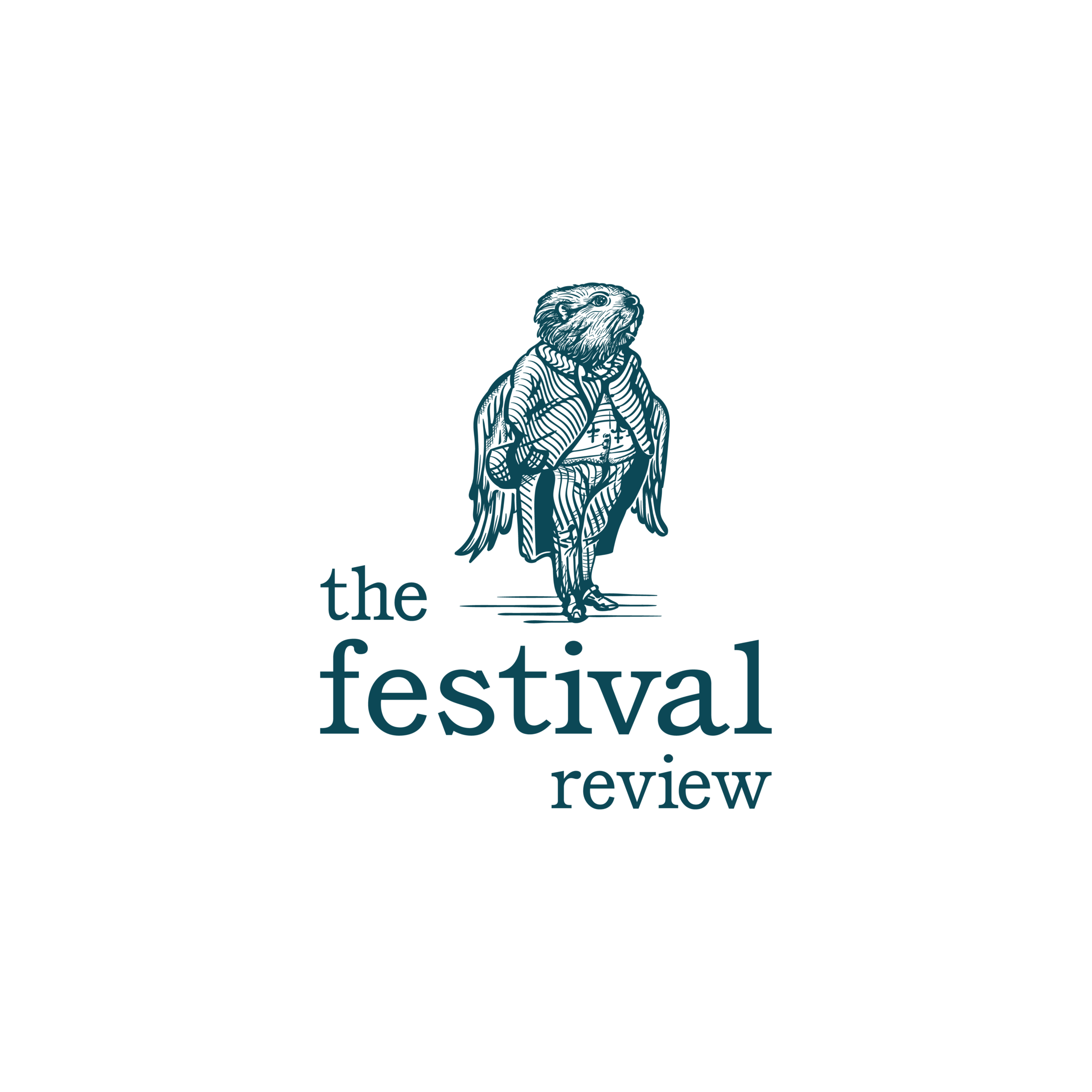Otherwordly
[Image Credit: Jeremy Bishop]
The small boat slips through the water. An asylum of loons disappears with a splash just a meter in front of us, surprised to encounter a kayak in the dark. But that’s the point: to be on the water before the sun is up.
I am wearing woolly gloves. This morning, north of center in Alberta, is crisp — a-deep-in-the-month-of-September sort of morning. The kind that calls for a long-sleeved flannel shirt, but not quite a jacket.
We had always owned the cottage. I spent my summers there as a child. It started as an overgrown piece of land. My brothers, ages eight and eleven, were given machetes. I was five and told to sit on the path that doubled as a road, so they wouldn’t maim me with their unorganized assault on the undergrowth. A small travel trailer served as our barracks at night. That first year my parents built a platform of wood on cement blocks. I remember a flatbed truck coming down the path with an old garage on the back. The little wooden building reluctantly moved onto the platform using a block and tackle, shored up by swearing and sweat. Renovated into our summer home, with two small bedrooms and a lean-to kitchen, it was heaven.
I spent my days with the other lake kids, wandering through the forest, building forts, taking out our small fishing boat (if I could convince someone stronger to yank on the motor’s pull cord). There were big bonfires every Saturday night: the adults drinking and singing, the kids playing hide-and-seek along the pitch-black pathways that wove through the village. I learned early on that I had only to step off the path to be completely hidden.
Fifteen years later, newly married with a one-month-old daughter, my husband and I made my parents an offer when the for-sale sign went up. Penniless, we traded a tiny house we owned in the city for half an acre and an old rickety building infested with mice and June bugs. We didn’t know then that we had big plans. Five years and another child later, we tore it down and spent every cent of a severance package building a fancy new cottage. At last, we had indoor plumbing and illumination that appeared with the flick of a switch.
Thirty-five years later, our children grown up and moved away, we still spend summers at the lake. One day, while sitting on a bench at the shore, we saw a neighbor on the water. He glided along on a kayak, without the use of a paddle. He pulled the boat out of the water and showed us: a slit in the double-walled, molded body housed a set of removable geared pedals. We had owned canoes before. The last one hung under our cottage, covered in a thick layer of dust. After some internet searches, discussions on models, and a trip to Calgary (the only place to purchase this type of watercraft in Alberta), we became the owners of a mango-colored, fourteen-foot, double-pedal tandem kayak.
This morning, we are the only people on the lake. There are no lights on the shore. We pedal hard. We have no more than twenty minutes to get to the sweet spot. We can be lazy afterwards. A brisk breeze is at our backs, helping us along. My husband and I exchange occasional conversation, as he clicks at his phone, paddle across his lap, answering emails behind me. Ducks, loons, eagles, seagulls, and geese fill the air.
Gasps break the silence as a fish leaps out of the water in front of us. Laughter bubbles up after. A tap on my hip from his paddle signals me. I look to my left: a large beaver lodge looms in the darkness, aglow with bright white pelicans draped over the top, asleep.
Above us, the clouds turn slate gray and deep plum, as the sky above them lightens. We stop pedaling. The sun is about to break across the horizon and slide into the world. Then, in the briefest of moments before it appears, the air fills with golden amber, an unseen hand tossing copper dust on a fire. The sky shifts to coral and peach. The creeping licks of flame emerge until, synchronized with its blazing reflection on the water’s surface, the light blooms and envelops us.
For three minutes, we exist only in this space, in this moment. There is only this reason to live.
Every time, it slips away too quickly.
The sun’s delivery complete, we turn around. Without the tailwind, our trip back is slow. Neither of us wants to return to earth. We spend a few minutes admiring houses built along the lake’s edge. Lights flicker on in kitchens; people populate the day. We watch the young muskrats playing in the reeds and the goslings lining up in a row like little soldiers behind their parents. I hum “Muskrat Love” as my honey counts feathery babies. The thought of sweet, hot oatmeal swimming in a pond of cream pulls us toward our shore.
Mary Long-Schimanke is sixty-something and lives in Alberta, Canada, for no reason at all, probably because she is too lazy to move.

![[Image Credit: Jeremy Bishop]](https://images.squarespace-cdn.com/content/v1/5bf9cd54697a98225c333ceb/1623813582268-8Q6HL6KJJW2CIZJMP0R2/Otherworldly.jpg)